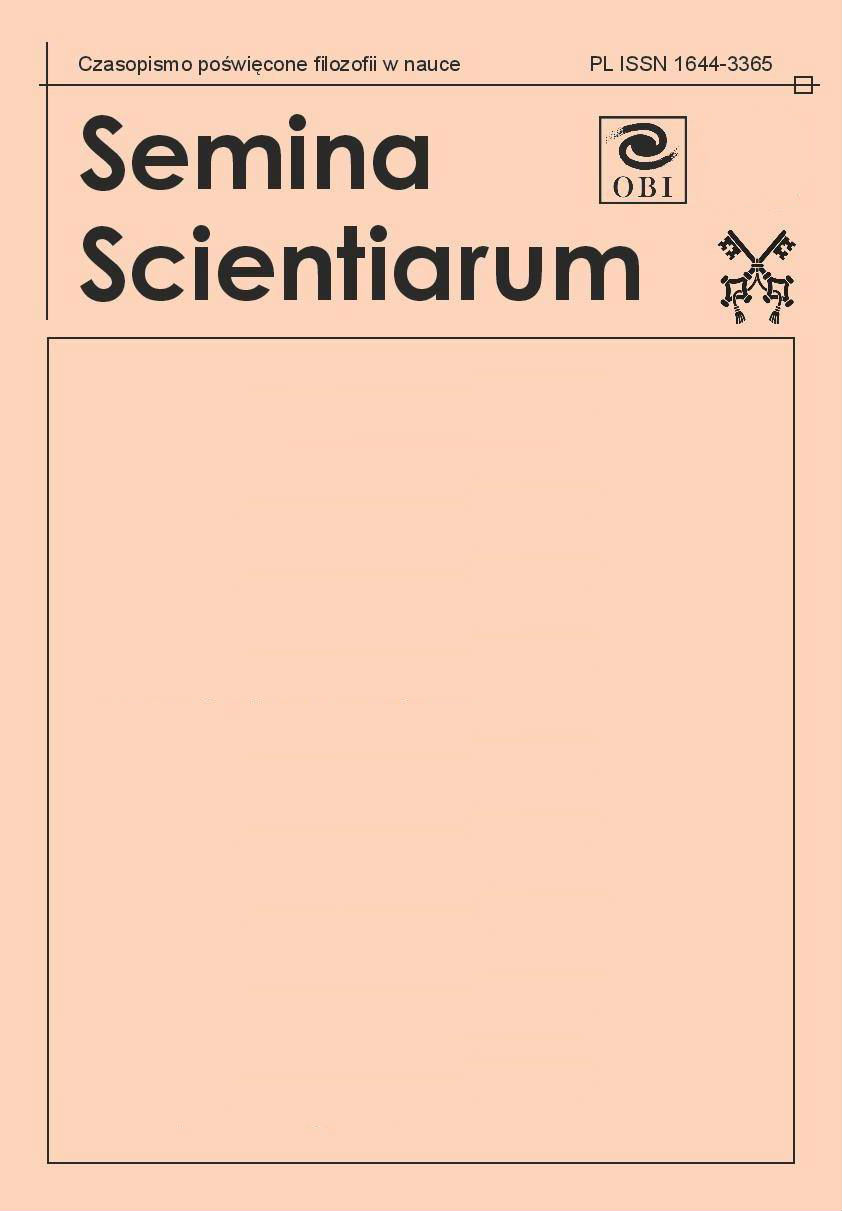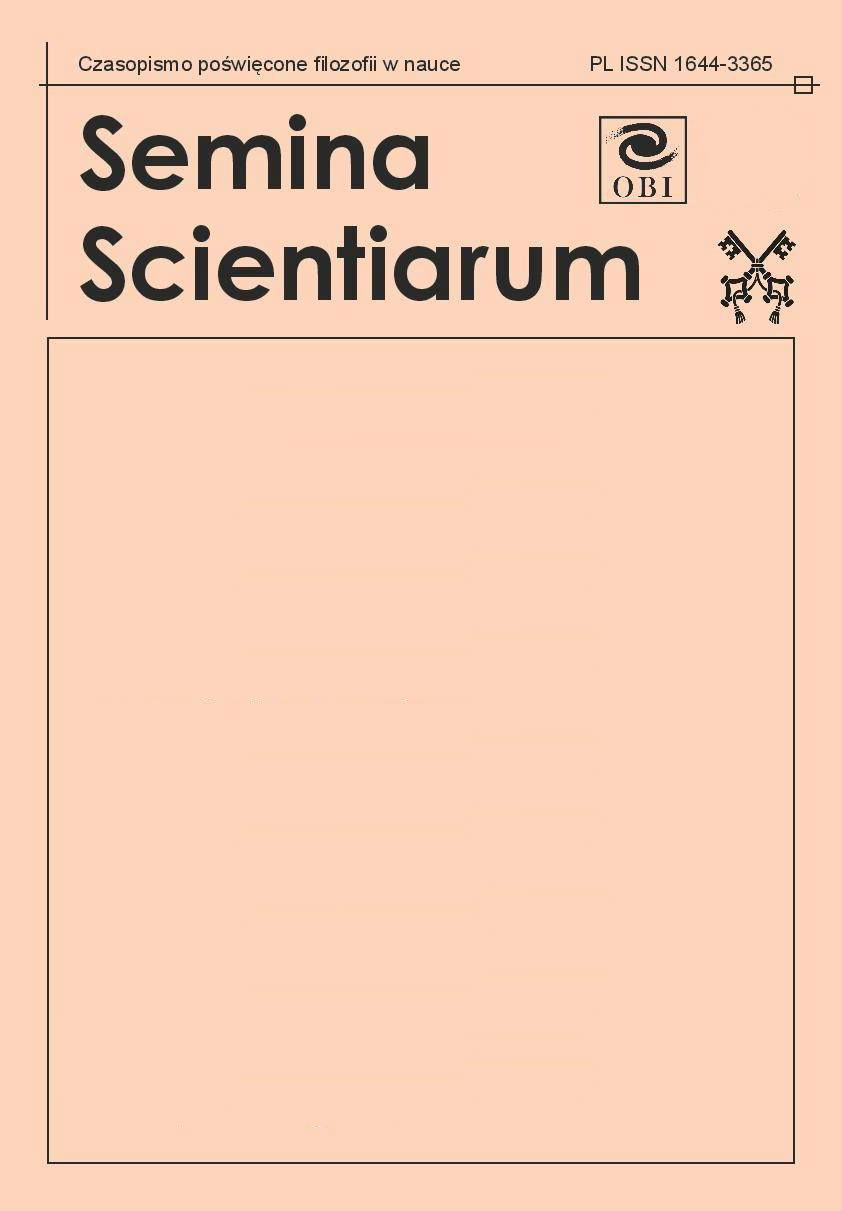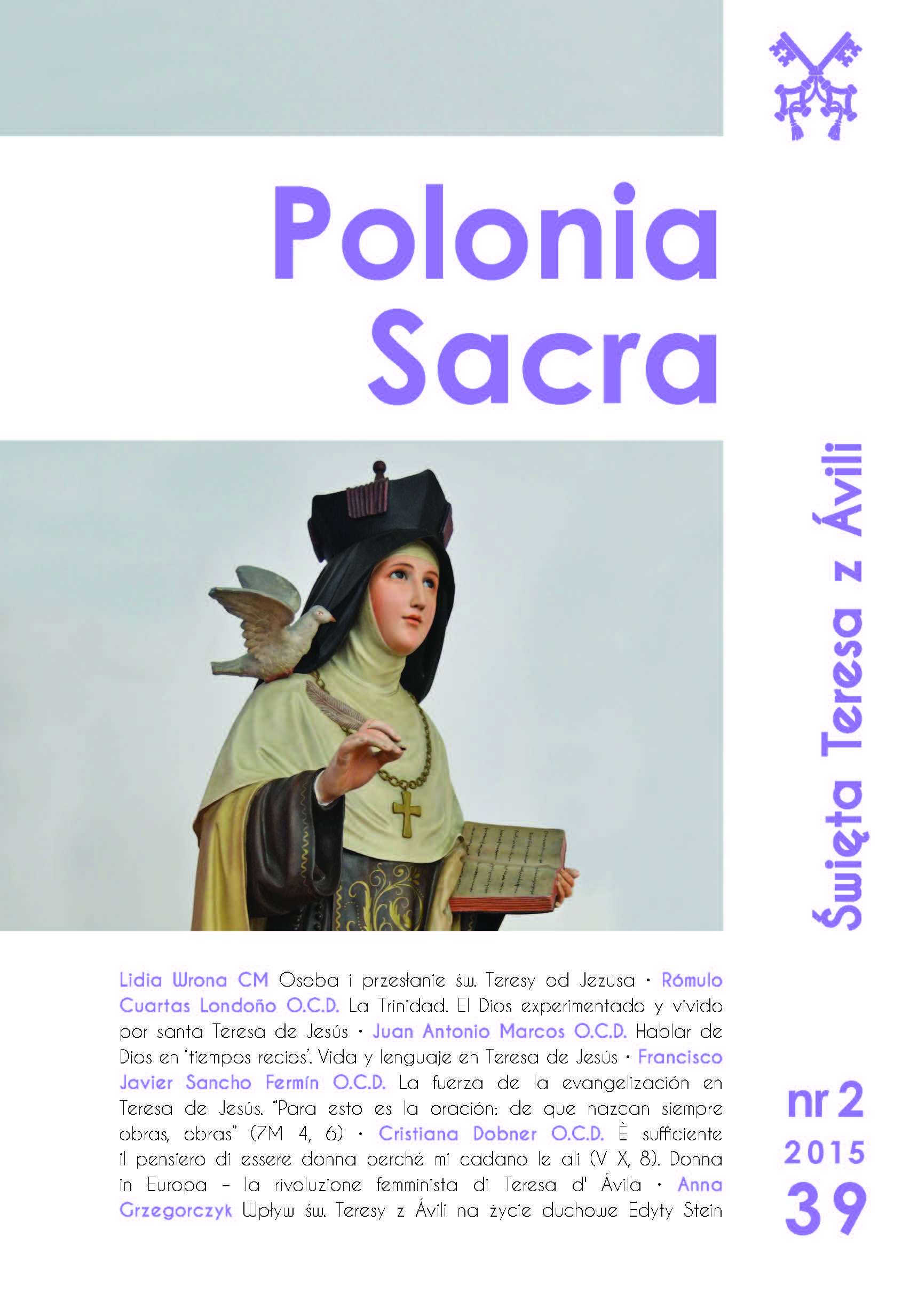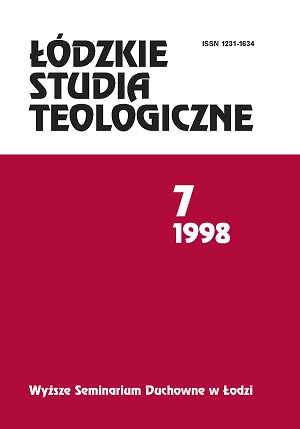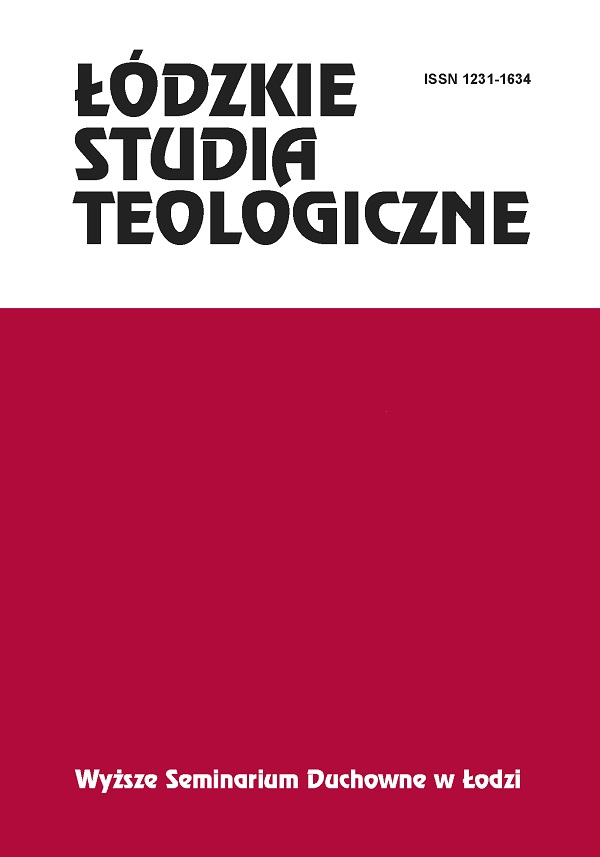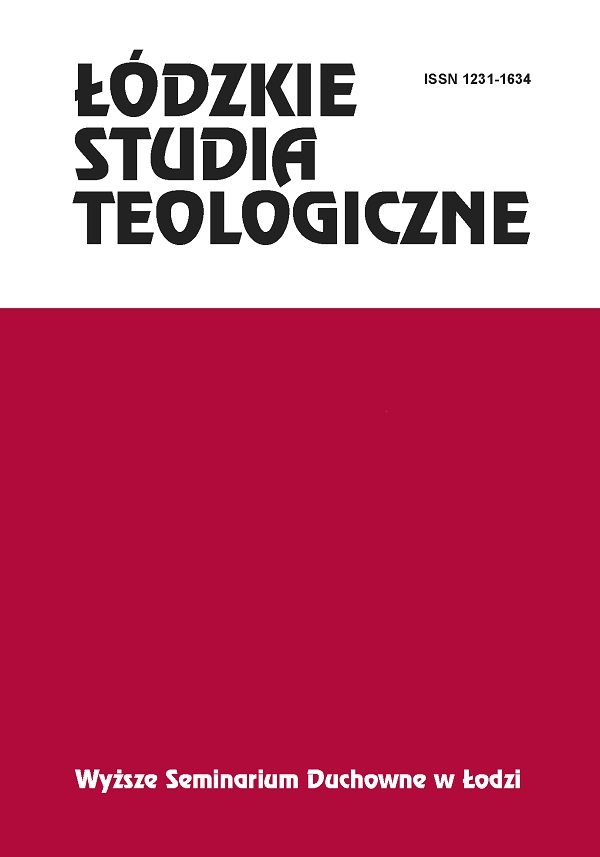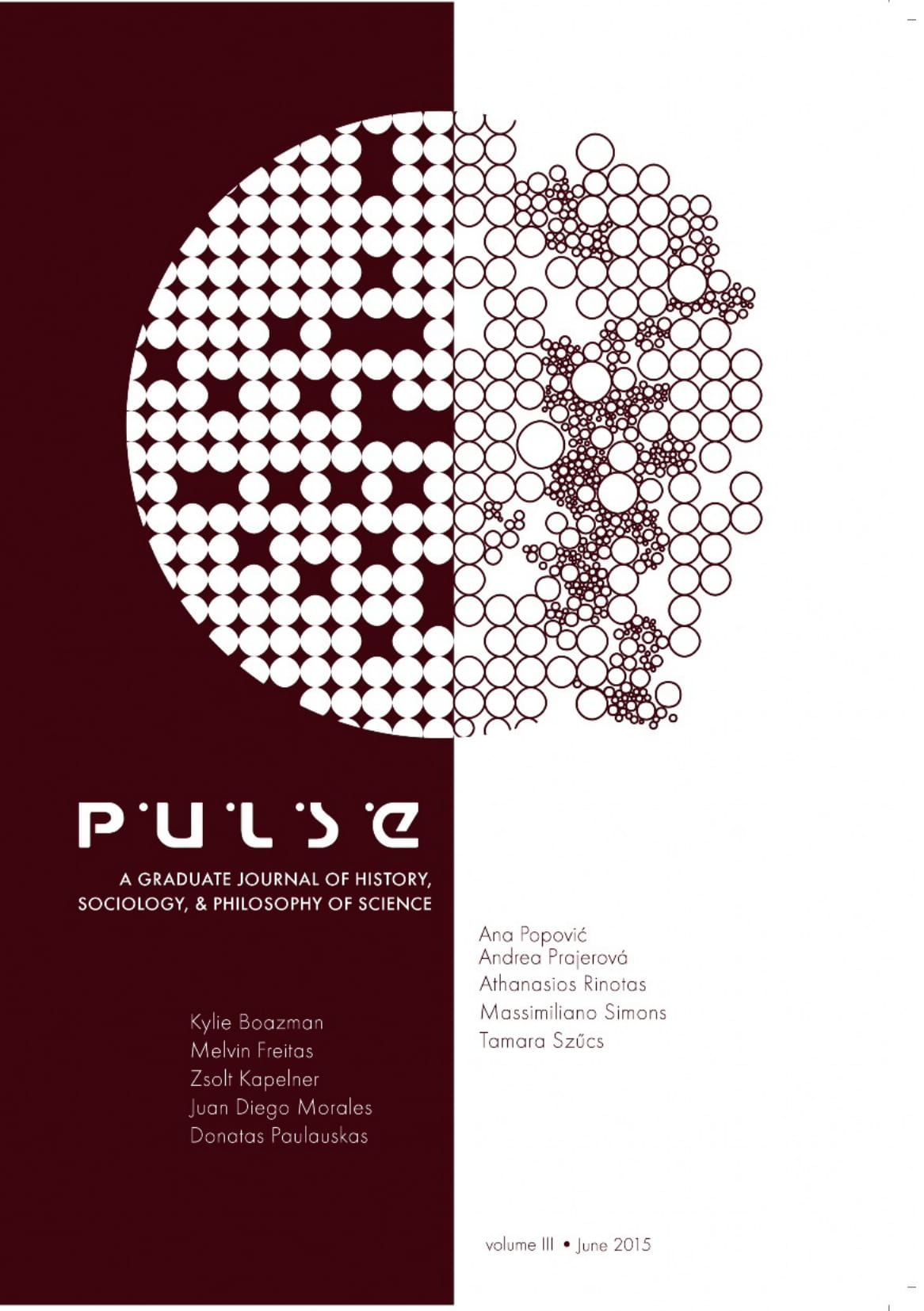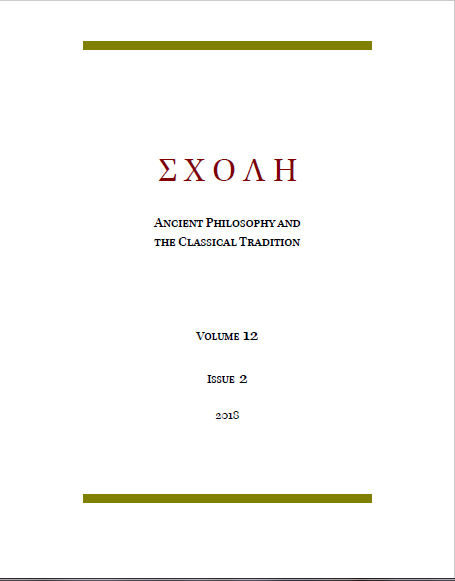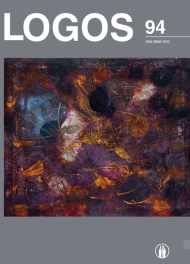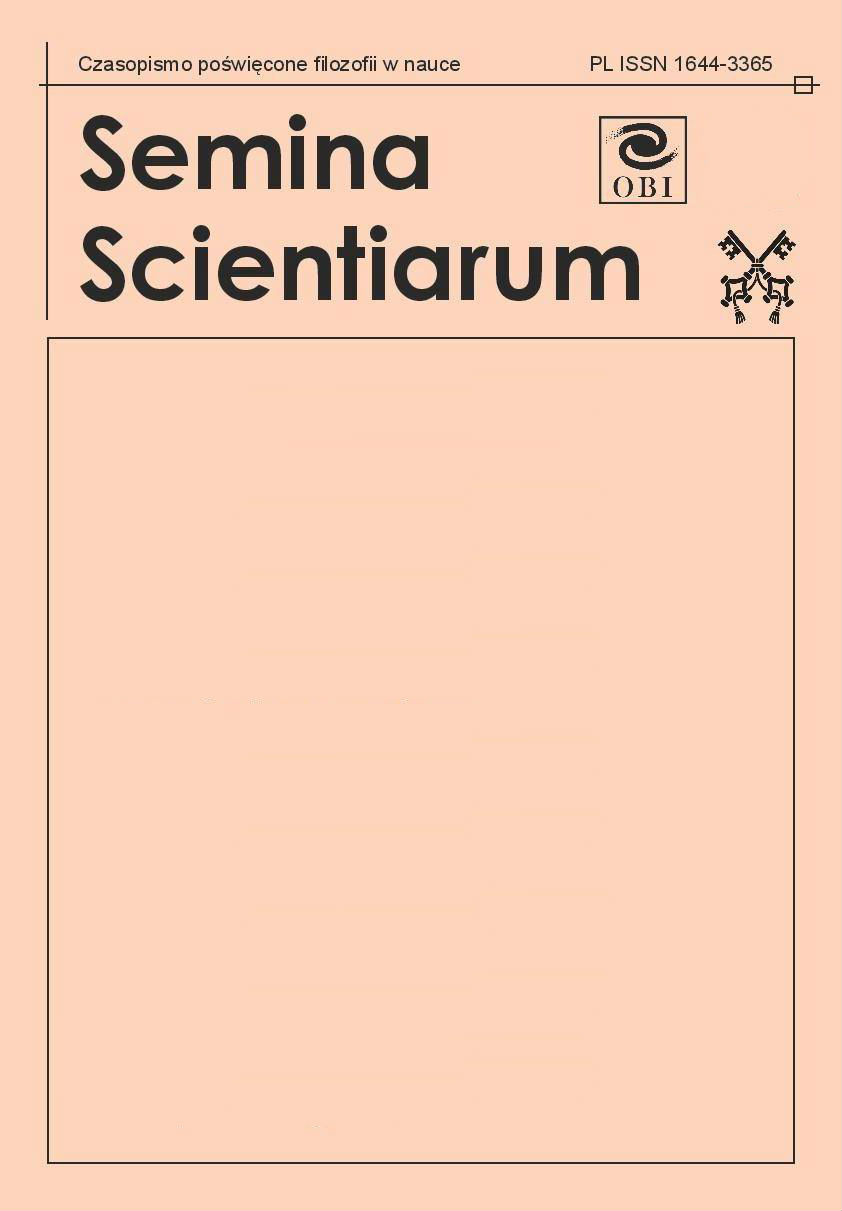
Poszukiwanie sensu we Wszechświecie emergentnym
The relation of emergence finds more and more application areas in philosophical and scientific researches. By displaying its sources within the current of British Emergentism and by formulating conditions for that relation, the paper analysis a validity of reference between the concept of emergence and two issues developed by contemporary physics: Copenhagen interpretation of quantum decoherence and the beginning of Universe within selected models of quantum cosmology. Complementally, an idea of emerging God that – entangled in natural world structures – confers the sense upon it, is introduced. Such an operation emphasizes a universality of emergence relation in explaining connections between consecutive levels of ontological structures.
More...
